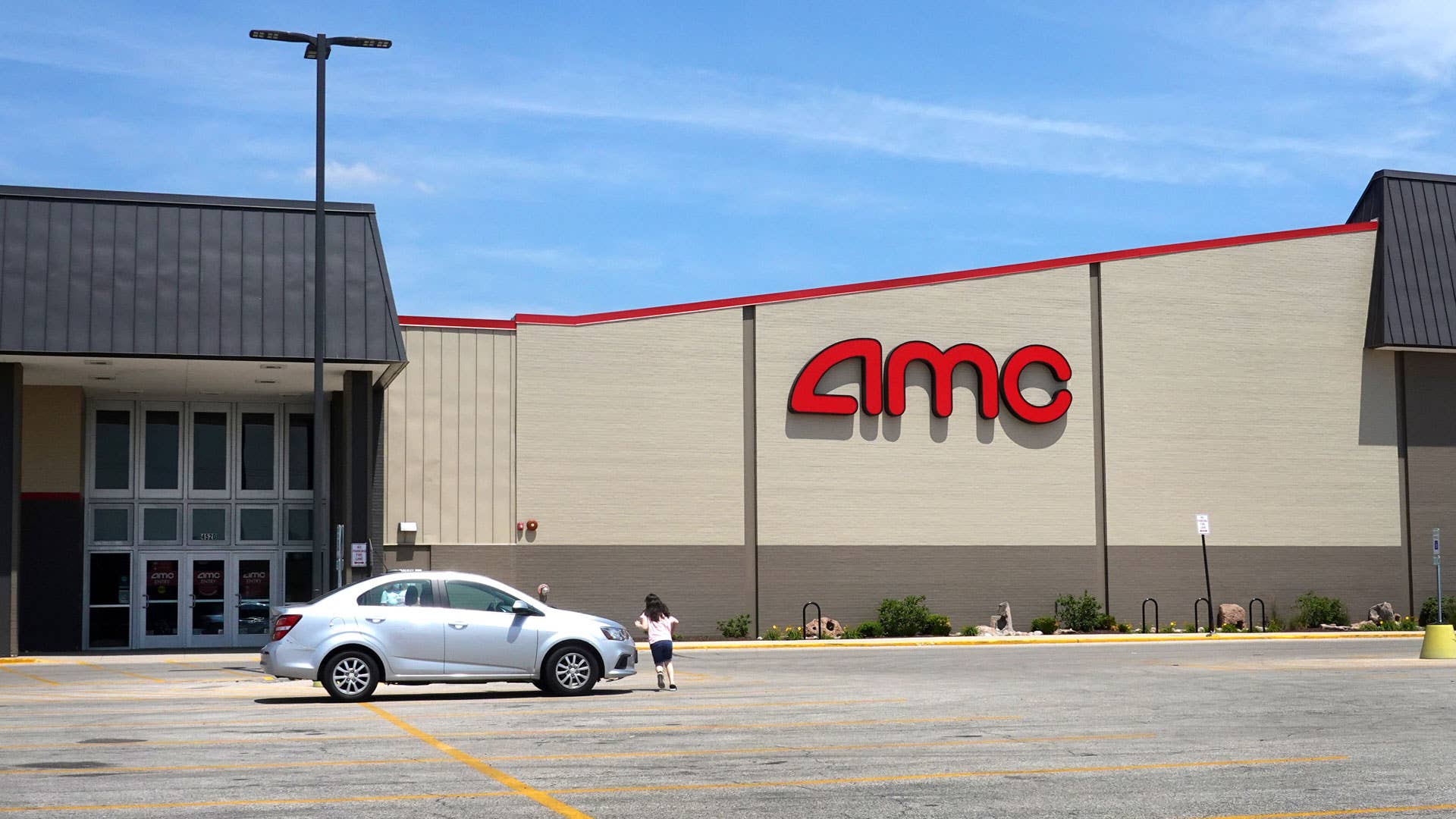
AMC has reached a deal with Warner Bros. that will allow the beleaguered theater chain (basically all theater chains these days) to show WB’s movie slate in its theaters for 45 days in 2022.
Note that in December 2020, AMC made sure to note the negative impact that WB releasing its whole 2021 movie slate on HBO Max would have on its business, saying that its mounting COVID-19-induced challenges “have been exacerbated by the announcement by Warner Bros. that its entire studio film slate for 2021 will move to simultaneous release, which may result in other studios adopting a similar strategy.” Notable films that found their way onto the streaming platform after originally being intended for the big screen included: Kong vs. Godzilla, Space Jam: A New Legacy, and The Suicide Squad, as well as the upcoming fourth Matrix movie.
WB had already said it would be returning to cinema-only releases in 2022. Similar 45-day deals had already been made by WB with the Regal Cinemas owner (Cineworld) as well as Cinemark. And for those wondering if these windows used to be longer: the answer is “yes,” the typical theater release window was 90 days, but even pre-COVID-19 studios were trying to shorten that up to capitalize on theatrical releases/marketing campaigns.
“It’s especially gratifying that Warner Bros. is yet again embracing a theatrical window,” said AMC CEO Adam Aron during an earnings call on Monday. “For us at AMC, it’s especially pleasing to be working so harmoniously with Warner Bros. once again.”
Over the last year-and-a-half AMC has faced a pretty constant wave of bad news stemming from the spread of COVID-19 (plus the protocols intended to mitigate it) which wrecked havoc on the theater business.
As a brief not nearly comprehensive history since March 2020, the company closed all its theaters due to the coronavirus, furloughed corporate employees, had a public feud with Universal over disagreements regarding video on-demand that it likely saw as making its business obsolete (an agreement between the companies was later reached), announced its “substantial doubt” that it would remain in business, agreed to a 15-cent ticket promotion, and reported its cash resources would be largely gone by the end of 2020/beginning of 2021 (a temporary solution was found for this too).
A similar agreement to the one it made with WB arose last year when AMC and Universal reached a pact that ensured theatrical exclusivity for at least 17 days before Universal’s films could be streamed or bought on-demand.
CNBC also reports that AMC just posted second-quarter revenue of $444.7 million, which is more than what analysts expected but still resulted in a net loss of $344 million. In the same time-frame in 2020 it lost $561.2 million.

